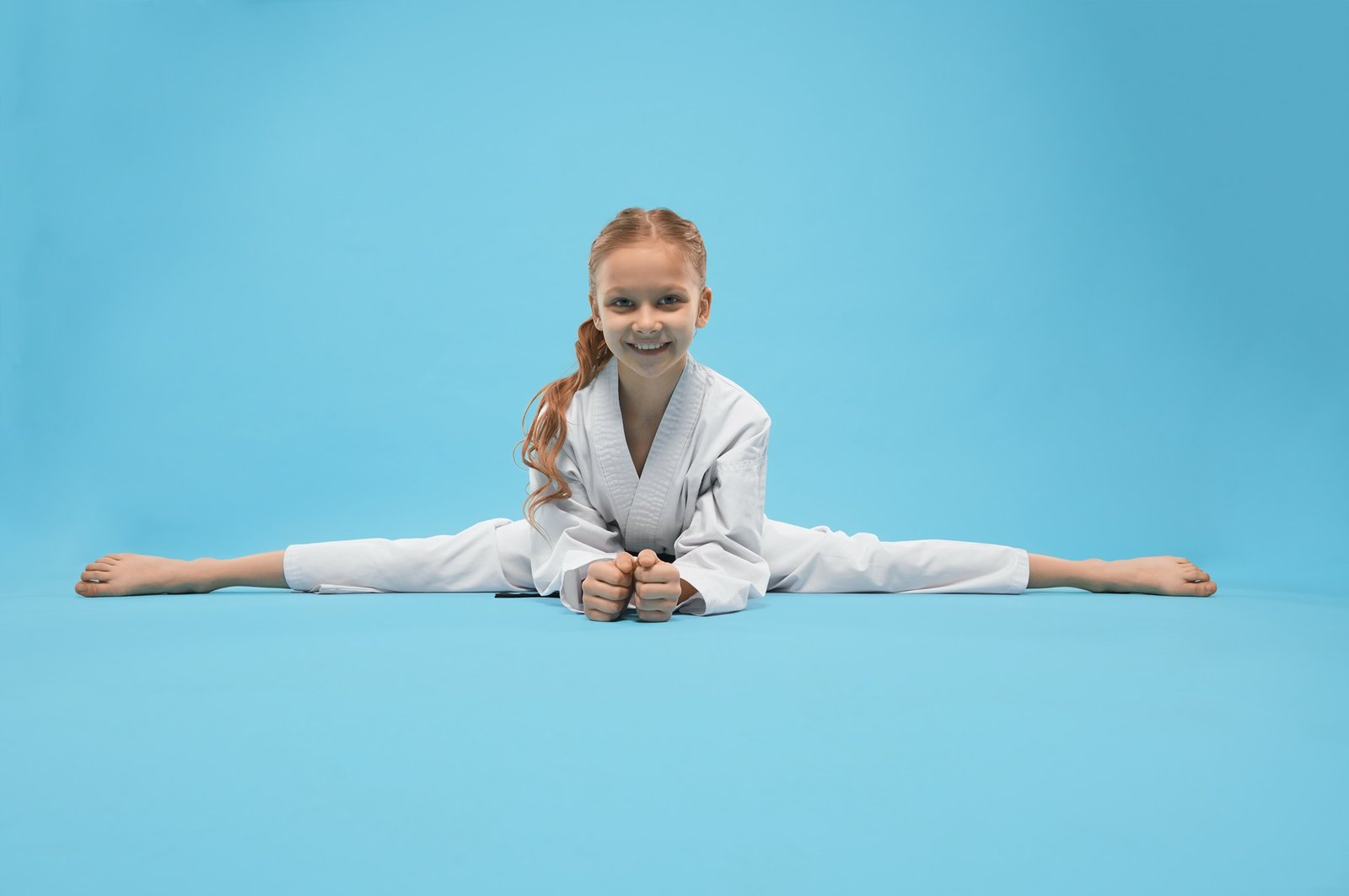The History of Karate
Karate, which means "empty hand" in Japanese, is a martial art that originated on the island of Okinawa, Japan. Its development was influenced by indigenous Ryukyu martial arts and Chinese Kung Fu. The roots of Karate can be traced back to the 17th century when Okinawa was a hub of cultural exchange, leading to the blending of martial traditions.
Karate was originally practiced in secrecy as a means of self-defense by the Okinawans, who were forbidden to carry weapons by the ruling Satsuma clan. The techniques focused on striking, blocking, and countering attacks, emphasizing agility and precision. Over time, Karate evolved and spread to mainland Japan in the early 20th century, where it was further refined and standardized.
In 1922, Gichin Funakoshi, often referred to as the "father of modern Karate," introduced Karate to the Japanese public through a demonstration in Tokyo. His teachings laid the foundation for Karate's global popularity. Today, Karate is practiced worldwide, with numerous styles and schools that adhere to the core principles of the art.
Why Learn Karate?
- Physical Fitness and Health
- Mental Discipline and Focus
- Self-Defense Skills
- Stress Relief
- Character Development
Karate is an excellent way to improve overall physical health. The practice involves high-intensity movements that enhance cardiovascular fitness, strength, flexibility, and endurance. Regular training helps in weight management, tones muscles, and improves posture.
Karate is not just about physical prowess; it’s a mental challenge as well. It requires concentration, self-discipline, and mental resilience. Practitioners learn to control their thoughts and emotions, which helps in other areas of life, such as academics or professional work.
One of the primary reasons people take up Karate is to learn self-defense. The techniques taught in Karate are practical and effective in real-life situations. It empowers individuals with the confidence to protect themselves and others if necessary.
The rigorous training in Karate is an excellent way to relieve stress. The combination of physical exertion and mental focus allows practitioners to channel their energy positively, reducing anxiety and promoting a sense of well-being.
KKarate teaches respect, humility, and perseverance. It instills a sense of discipline and ethical behavior, fostering personal growth. These values are integral to the practice and are often emphasized by experienced instructors.
Conclusion
Conclusion
For those seeking a martial art that goes beyond physical combat, Aikido provides a unique blend of self-defense, spiritual growth, and personal development. Its emphasis on using an opponent's energy against them, rather than relying on brute force, makes it an art that can be practiced by people of all ages and abilities. Aikido's timeless principles of harmony and nonviolence continue to inspire practitioners around the world, making it a martial art for the modern era.
Whether you’re a beginner or an experienced martial artist, Karate Champions Self Defence training center in Sharjah can help you achieve your goals and develop your skills in this powerful and transformative discipline.

